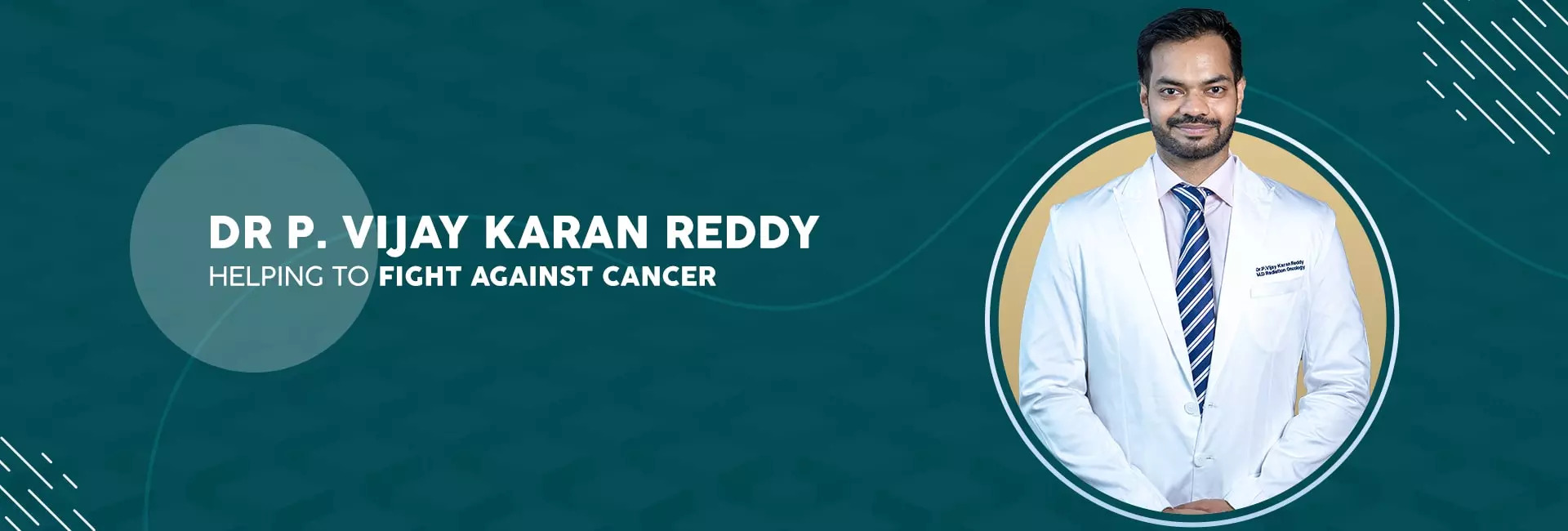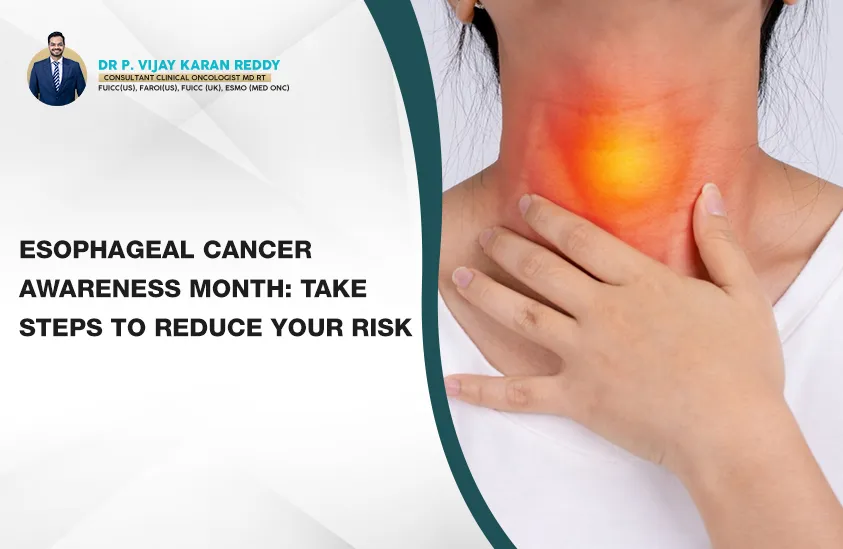April marks a crucial observance in the global health calendar - Esophageal Cancer Awareness Month. This period is dedicated to shedding light on one of the most aggressive forms of cancer, emphasizing the importance of early detection, preventive measures, and educating the public about the risk factors associated with esophageal cancer.
Understanding Esophageal Cancer: Types and Risks
Esophageal cancer originates in the esophagus, the long tube that carries food from the throat to the stomach. The two main types of esophageal cancer, namely Adenocarcinoma and Squamous Cell Carcinoma, differ in their origin within the esophagus and are influenced by distinct risk factors.
Adenocarcinoma
Typically occurring in the lower part of the esophagus, Adenocarcinoma is closely linked with Barrett's esophagus, a condition often spurred by chronic acid reflux or GERD (Gastroesophageal Reflux Disease).
Squamous Cell Carcinoma
Originating in the upper and middle parts of the esophagus, Squamous Cell Carcinoma is more commonly associated with lifestyle risk factors such as smoking and excessive alcohol consumption.
Key Risk Factors and Prevention Strategies
The battle against esophageal cancer begins with an understanding of the risk factors that can increase the likelihood of developing the disease. These include, but are not limited to, tobacco use, excessive alcohol consumption, poor dietary habits, obesity, and chronic acid reflux.
Treatment Options
Esophageal cancer treatment options vary based on the type, location, and stage of the cancer, as well as the overall health of the patient. Common treatments include surgery to remove part of the esophagus for early-stage cancers, chemotherapy, and radiation therapy, which are often used in combination to treat more advanced stages. Additionally, targeted therapy may be employed to attack specific cancer cells without harming normal cells. Innovations such as immunotherapy are also becoming more prevalent, offering new hope by boosting the immune system's ability to fight cancer. For those eligible, minimally invasive surgical techniques can provide less disruptive treatment options, potentially leading to quicker recovery times and reduced complications.
Lifestyle Modifications for Risk Reduction
The cornerstone of esophageal cancer prevention lies in lifestyle modifications:
Tobacco and Alcohol: Ceasing tobacco use and moderating alcohol intake can significantly reduce the risk.
Diet and Nutrition: A diet rich in fruits, vegetables, and whole grains, while low in processed foods and red meats, can fortify the body's defenses against esophageal cancer.
Weight Management: Maintaining a healthy weight helps minimize the pressure on the lower esophageal sphincter, reducing the risk of acid reflux and subsequently Barrett's esophagus.
Regular Check-Ups: For those at higher risk, especially individuals with a history of GERD or Barrett's esophagus, regular medical check-ups and screenings can facilitate early detection.
The Role of Awareness and Education
Empowering the public through education and awareness campaigns is vital. Understanding the symptoms of esophageal cancer, which may include difficulty swallowing, unexplained weight loss, persistent heartburn, or chest pain, can prompt earlier consultation with healthcare providers, improving outcomes through early intervention.
Innovations in Esophageal Cancer Research and Treatment
The landscape of esophageal cancer treatment is evolving, offering new hope with advances such as minimally invasive surgical techniques, targeted therapies, and immunotherapies. The expanding arsenal against this challenging disease highlights the critical role of ongoing research and clinical trials. For expert care in this field, consider consulting an Oncologist in Hyderabad. Dr. Vijay Karan Reddy at Arete Hospitals Hyderabad is at the forefront of these advancements, providing cutting-edge treatments and personalized care.
Community and Support: A Pillar of Strength
Support groups and community resources play an indispensable role in the journey of those affected by esophageal cancer. From providing emotional support to sharing information about the latest treatment options, these communities serve as a beacon of hope and solidarity.
In conclusion, Esophageal Cancer Awareness Month serves as a poignant reminder of the collective action required to combat this formidable disease. Through education, lifestyle changes, and advances in medical research, we can forge a path toward reducing the incidence and improving the prognosis of esophageal cancer. Let us unite in this vital cause, for awareness is the first step toward prevention.


